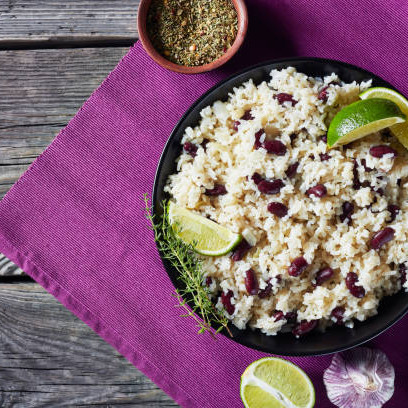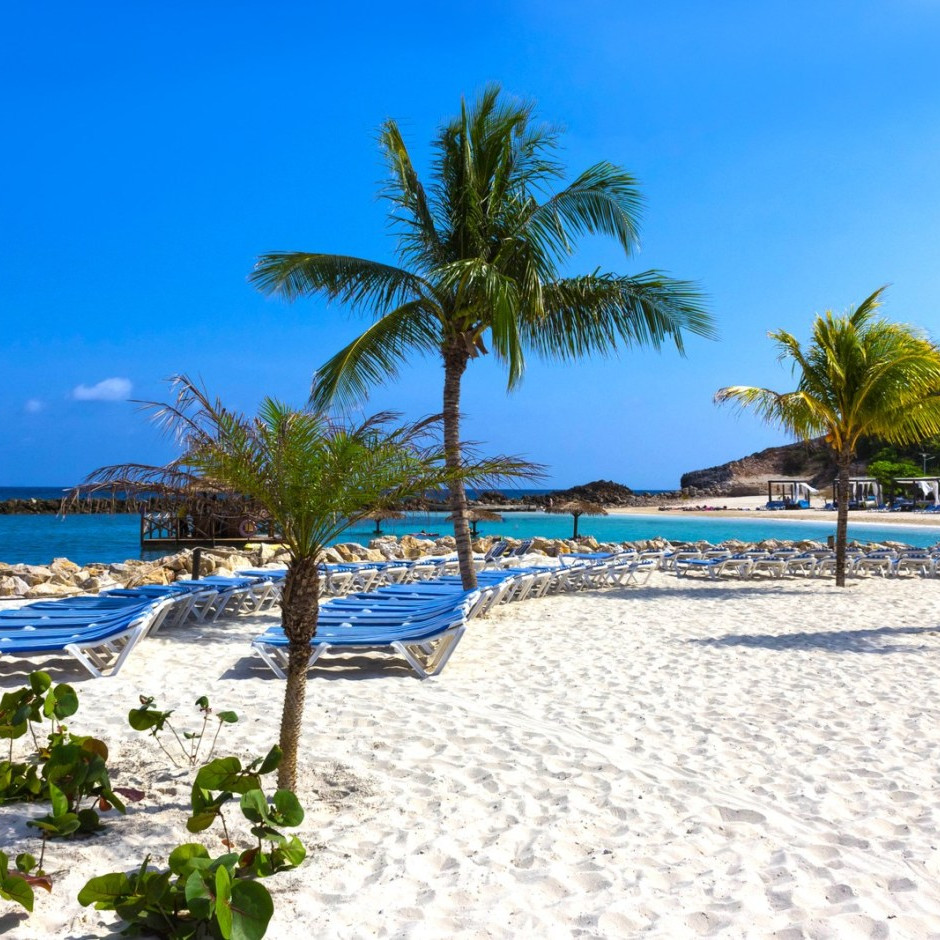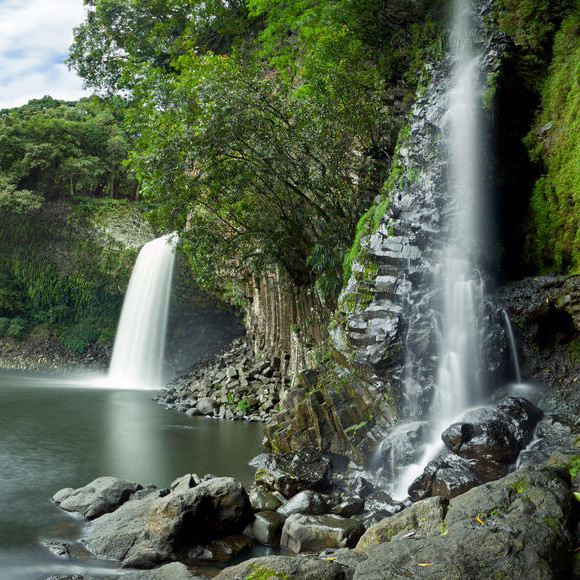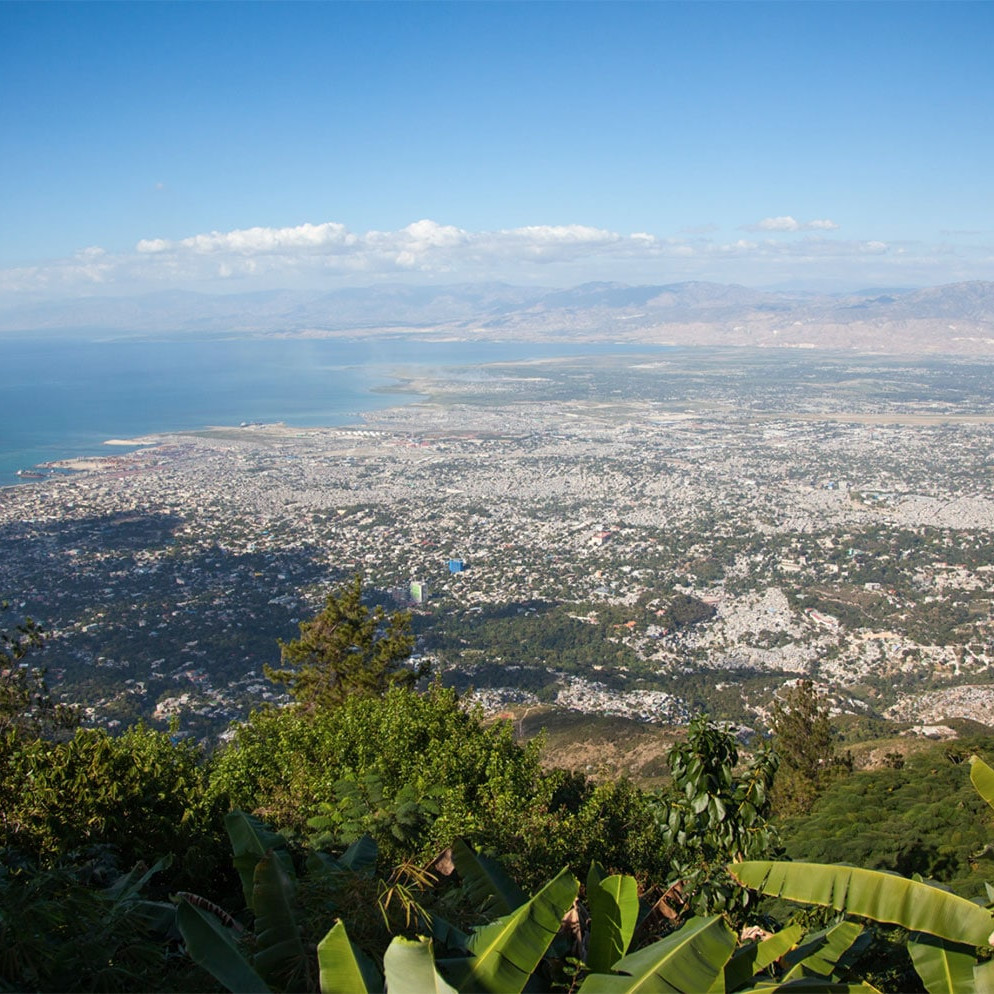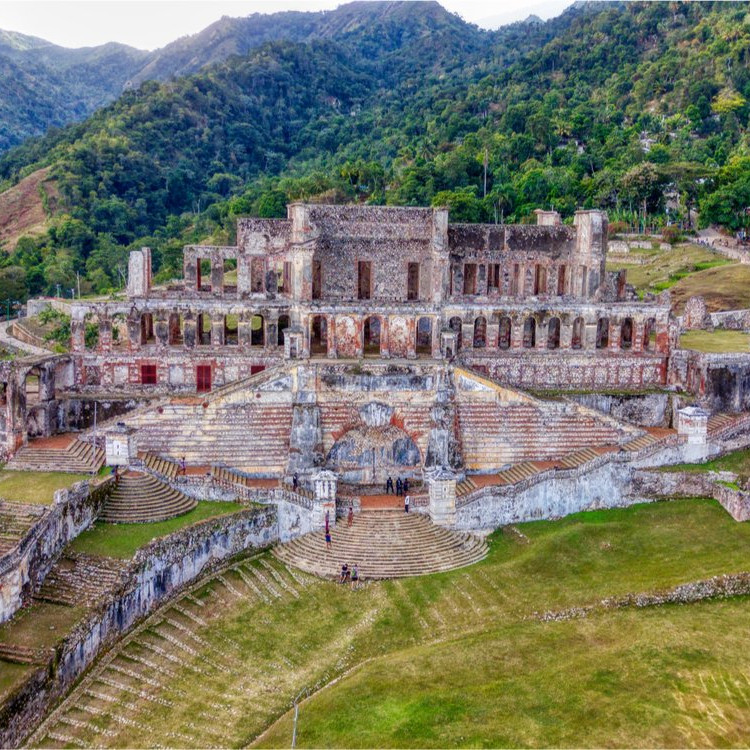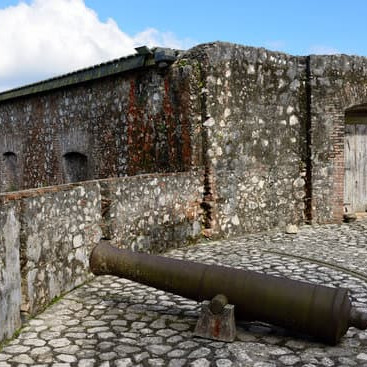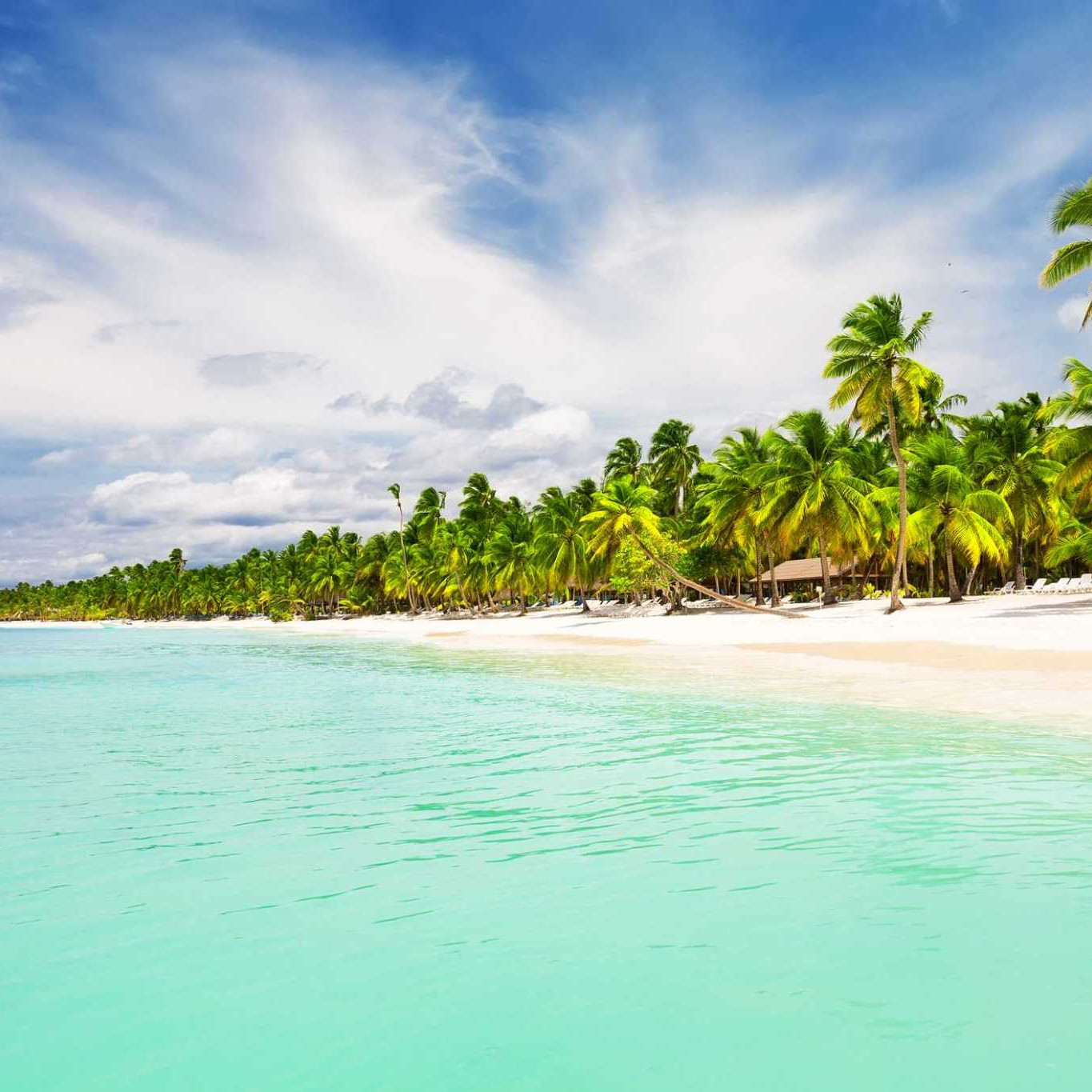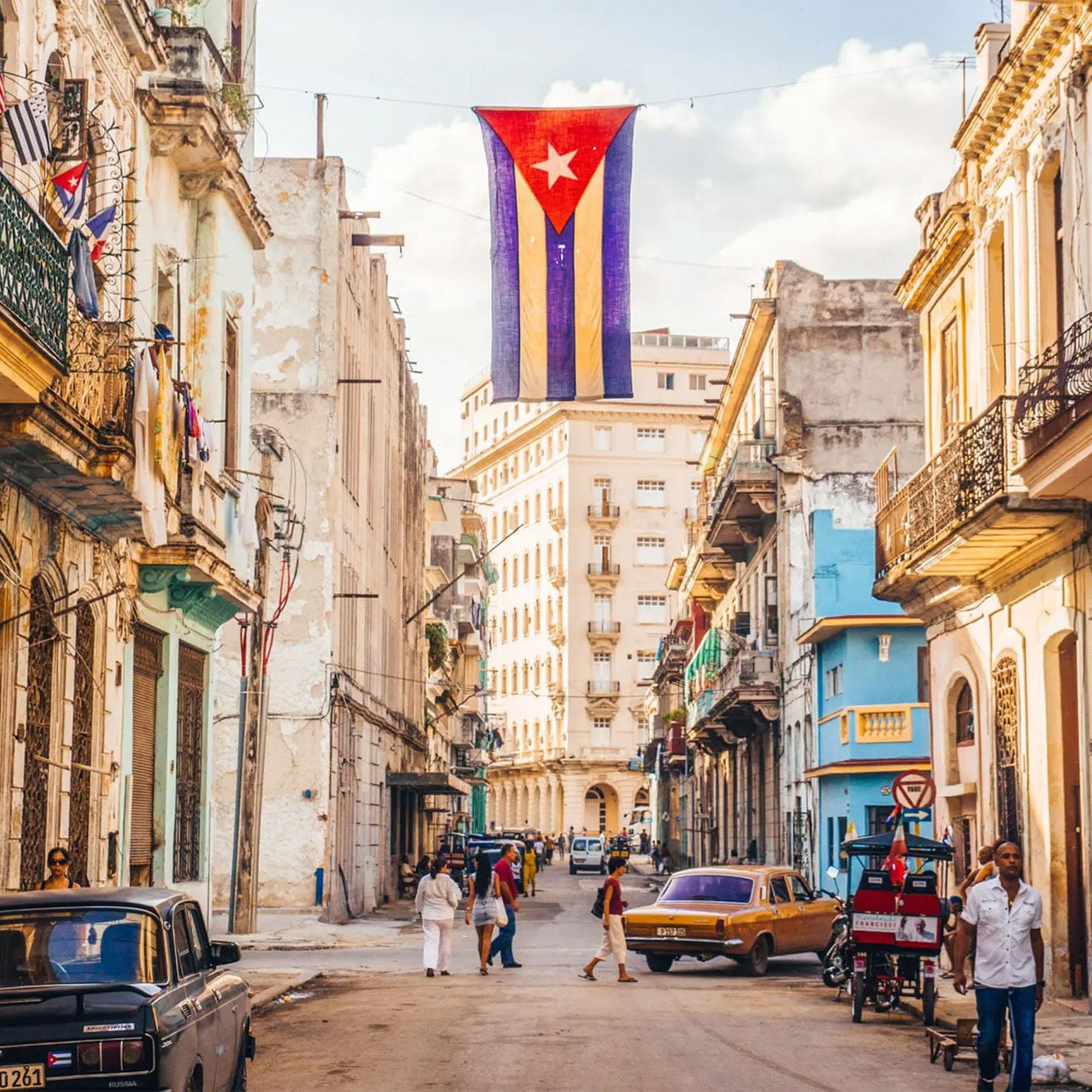Located in the island of Hispaniola in the Greater Antilles archipelago of The Caribbean, Haiti offers a unique and enriching travel experience. Rich in history, culture, and natural beauty, Haiti has much to offer visitors seeking an authentic and off-the-beaten-path destination.
Why Visit
LANDSCAPES
Haiti is the most mountainous country in the Caribbean, home to some of the tallest peaks, fertile valleys and unspoiled natural wonders of the region, including the Massif du Nord, the Cordillera Septentrional and the Matheux Mountains.
BEACHES
Haiti has stunning and secluded beaches and secret bays. Sharing the island with the Dominican Republic, the country is filled with crystal-clear turquoise waters, powdery white sands, and swaying palm trees, the beaches of Haiti offer a tranquil escape.
CULTURE
Haiti’s vibrant culture is a mix of African, French, and Caribbean influences. Explore the bustling markets, where the sights, sounds, and aromas immerse you in the local way of life. Discover the captivating art scene, with its vibrant paintings and sculptures that reflect the country’s rich heritage. Experience the rhythmic beats of Haitian music, from the lively compas to the soul-stirring vodou ceremonies.
HISTORY
Haiti has a rich and tumultuous history, becoming the first independent black republic in the world. Its story is shown through its monuments and architecture, such as The Sans-Souci Palace and the Citadelle Laferrière, some of the buildings created right after Haiti gained its independence from France. If you are looking for a cultural getaway, Haiti could be it.
FOOD
Haitian cuisine is a delight for food lovers. Indulge in flavorful dishes like griot (marinated pork), tasso (spicy turkey), and diri ak djon djon (rice cooked with black mushrooms). Sample local street food, such as akra (malanga fritters) and pikliz (spicy pickled vegetables). Don’t miss the opportunity to savor Haitian coffee, renowned for its bold and rich flavors.
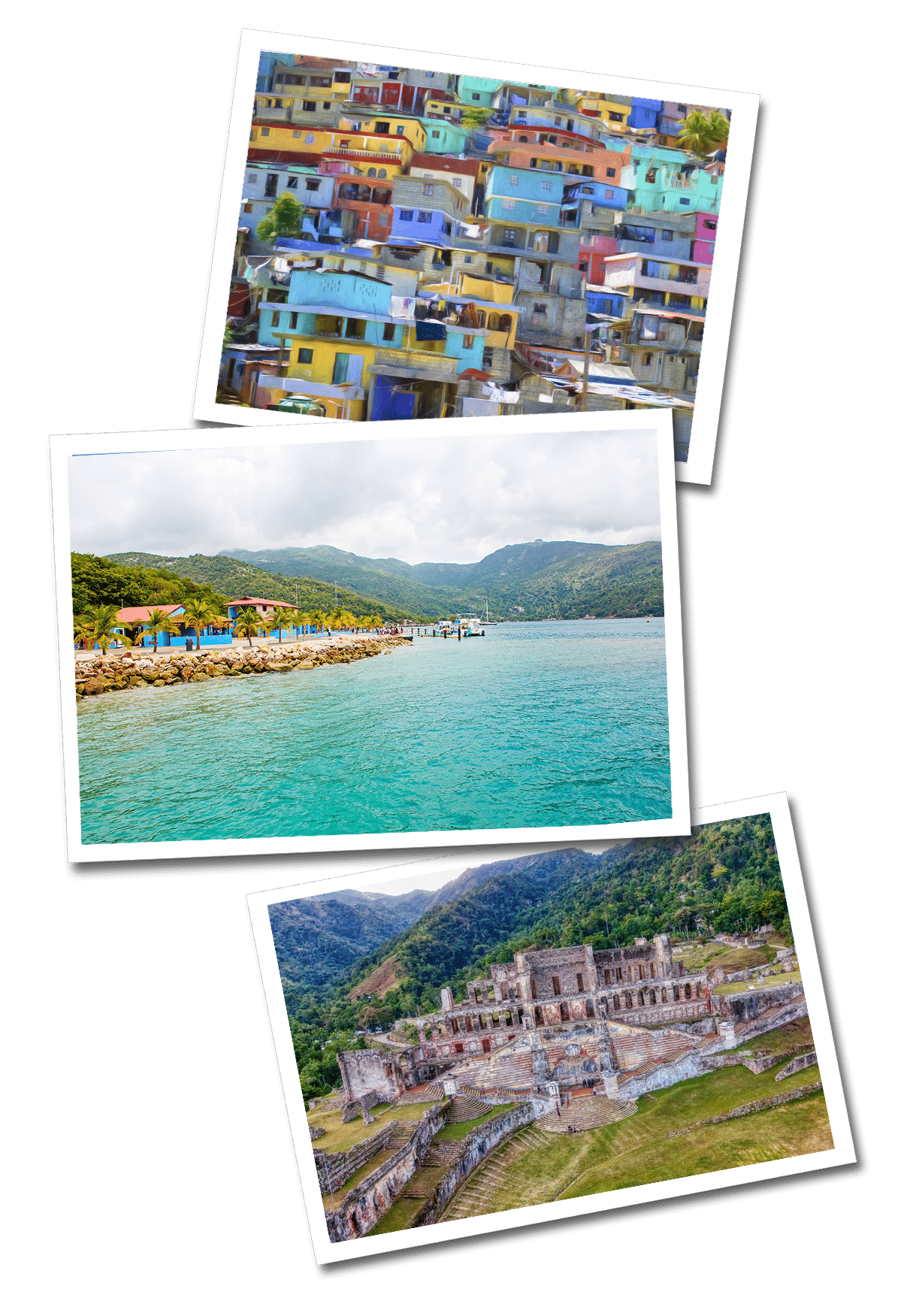
Located in the island of Hispaniola in the Greater Antilles archipelago of The Caribbean, Haiti offers a unique and enriching travel experience. Rich in history, culture, and natural beauty, Haiti has much to offer visitors seeking an authentic and off-the-beaten-path destination.

Why Visit
LANDSCAPES
Haiti is the most mountainous country in the Caribbean, home to some of the tallest peaks, fertile valleys and unspoiled natural wonders of the region, including the Massif du Nord, the Cordillera Septentrional and the Matheux Mountains.
BEACHES
Haiti has stunning and secluded beaches and secret bays. Sharing the island with the Dominican Republic, the country is filled with crystal-clear turquoise waters, powdery white sands, and swaying palm trees, the beaches of Haiti offer a tranquil escape.
CULTURE
Haiti’s vibrant culture is a mix of African, French, and Caribbean influences. Explore the bustling markets, where the sights, sounds, and aromas immerse you in the local way of life. Discover the captivating art scene, with its vibrant paintings and sculptures that reflect the country’s rich heritage. Experience the rhythmic beats of Haitian music, from the lively compas to the soul-stirring vodou ceremonies.
HISTORY
Haiti has a rich and tumultuous history, becoming the first independent black republic in the world. Its story is shown through its monuments and architecture, such as The Sans-Souci Palace and the Citadelle Laferrière, some of the buildings created right after Haiti gained its independence from France. If you are looking for a cultural getaway, Haiti could be it.
FOOD
Haitian cuisine is a delight for food lovers. Indulge in flavorful dishes like griot (marinated pork), tasso (spicy turkey), and diri ak djon djon (rice cooked with black mushrooms). Sample local street food, such as akra (malanga fritters) and pikliz (spicy pickled vegetables). Don’t miss the opportunity to savor Haitian coffee, renowned for its bold and rich flavors.
- Name: Republic of Haiti
- Capital: Port-au-Prince
- Official Languages: French, Haitian Creole
- Currency: Haitian gourde
- Time Zone: UTC-5
- Name: Republic of Haiti
- Capital: Port-au-Prince
- Official Languages: French, Haitian Creole
- Currency: Haitian gourde
- Time Zone: UTC-4
Bucket List
What to expect
LANGUAGE
Haiti’s official language is Haitian Creole, a unique and vibrant language derived from French with influences from West African languages. While French is also widely spoken, especially among the educated population, Haitian Creole is the primary language used in everyday communication. English is not widely spoken.
ELECTRICITY
The standard voltage is 110V and the frequency is 60 Hz. That’s the standard voltage in the american continent; If you are traveling from the EU you will need an adaptor.
CURRENCY
The Haitian gourde is the official currency. USD are widely accepted as well, but other foreign currencies only in hotels and major attractions but not local wise. Credit cards are accepted in some places but cash is recommended. You can exchange your currency at the bank, airport, exchange houses or withdraw directly from the ATM, widely available in the capital but hardly anywhere else. 1 USD equals 142 gourdes (as of 2023).
CLIMATE
Haiti enjoys a tropical weather with plenty of sunshine, heat and humidity all year round. However temperatures can change depending on the elevation. Average temperatures range from 70 °F (25 °C) in January-February to 80 °F (about 30 °C) in July-August.
SAFETY
Unfortunately and due to high poverty rates, Haiti has high crime rates, including violent crime, such as armed robbery and carjacking. However, some places are more dangerous than others. Exercise extreme caution and common sense at all times.
How to get around
- Taxis: Taxis are a common mode of transportation in Haiti’s cities, particularly in Port-au-Prince. You can easily find taxis at designated taxi stands or by flagging them down on the street. It’s advisable to negotiate the fare before starting the journey.
- Tap-taps: Tap-taps are vibrant, colorful buses or trucks that serve as the primary form of public transportation in Haiti. These vehicles are often elaborately decorated and provide an immersive cultural experience. Tap-taps follow specific routes, and fares are generally inexpensive. Keep in mind that they can be crowded, and departure times may not be strictly adhered to.
- Moto-taxis: Moto-taxis, also known as “motorcycles taxis,” are a popular and efficient way to get around in Haiti. They are motorcycle taxis that can navigate through traffic quickly, especially in congested urban areas. Negotiate the fare beforehand and ensure you have the necessary safety gear, such as a helmet, before riding.
- Car rentals: Renting a car provides flexibility and independence for exploring Haiti. Several international and local car rental companies operate in major cities and airports. It’s essential to have a valid driver’s license and familiarize yourself with local traffic rules and road conditions.
- Private drivers: Hiring a private driver is a convenient option for those who prefer a more personalized and comfortable travel experience. Private drivers can be arranged through hotels or local tour operators. This option allows you to tailor your itinerary and explore specific destinations at your own pace.
- Public buses: Public buses operate between major cities and towns in Haiti. While they are a cost-effective option, they can be crowded and less reliable in terms of schedules and frequency. It’s advisable to check the departure times in advance and be prepared for longer travel times.
Visa Policy
Haiti has a visa policy in place for tourists visiting the country. Travelers from certain countries may be exempt from obtaining a visa or may be eligible for visa-free entry. Here is an overview of the visa policy for Haiti:
- Visa-Free Entry: Citizens of the following countries can enter Haiti without a visa for a specified period of time:
- All European Union (EU) member states, including the United Kingdom.
- United States, Canada, Australia, and New Zealand.
- Most South American countries, including Argentina, Brazil, Chile, Colombia, Ecuador, Peru, Uruguay, and Venezuela.
- Most Caribbean countries, including Jamaica, Barbados, Trinidad and Tobago, and the Bahamas.
- Some African countries, such as South Africa and Seychelles.
- Visa on Arrival: Citizens of certain countries can obtain a visa upon arrival in Haiti. This includes nationals of Turkey, Russia, India, and several other countries. The visa on arrival is typically valid for a specified period, and travelers must present the required documents, including a valid passport, return ticket, and proof of sufficient funds for their stay.
- Visa Required: Citizens of countries not included in the visa-exempt or visa on arrival categories must obtain a visa before traveling to Haiti. They need to apply for a tourist visa at the nearest Haitian embassy or consulate in their home country.
It is important to note that visa regulations can change, and it is advisable to check with the Haitian embassy or consulate in your home country for the most up-to-date information and requirements. Additionally, all travelers to Haiti must have a valid passport with at least six months’ validity beyond their intended stay in the country. It is recommended to plan and apply for the appropriate visa well in advance of your travel dates to ensure a smooth entry into Haiti.
SUBSCRIBE!
Are you a globetrotter? Join our platform and get exclusive travel tips, getaways and more!
Dominican Republic
Travel the Dominican Republic, one the most geographically diverse countries in the area, boosting stunning natural wonders and beaches..
Cuba
Visit Cuba, a country that offers colorful architecture, friendly locals, beautiful beaches, natural attractions and one of the best..
Australia Travel guide
Located in Oceania, Australia is the world's 6th largest country by area, known for its natural wonders and endless stretches of surf beach..
Japan
Travel Japan, an archipelago comprised by 6,852 islands and home to a millenaire culture with interesting and unique traditions, extraordin..
Dominican Republic
Travel the Dominican Republic, one the most geographically diverse countries in the area, boosting…
Cuba
Visit Cuba, a country that offers colorful architecture, friendly locals, beautiful beaches,…
Australia Travel guide
Located in Oceania, Australia is the world's 6th largest country by area, known for its natural…


